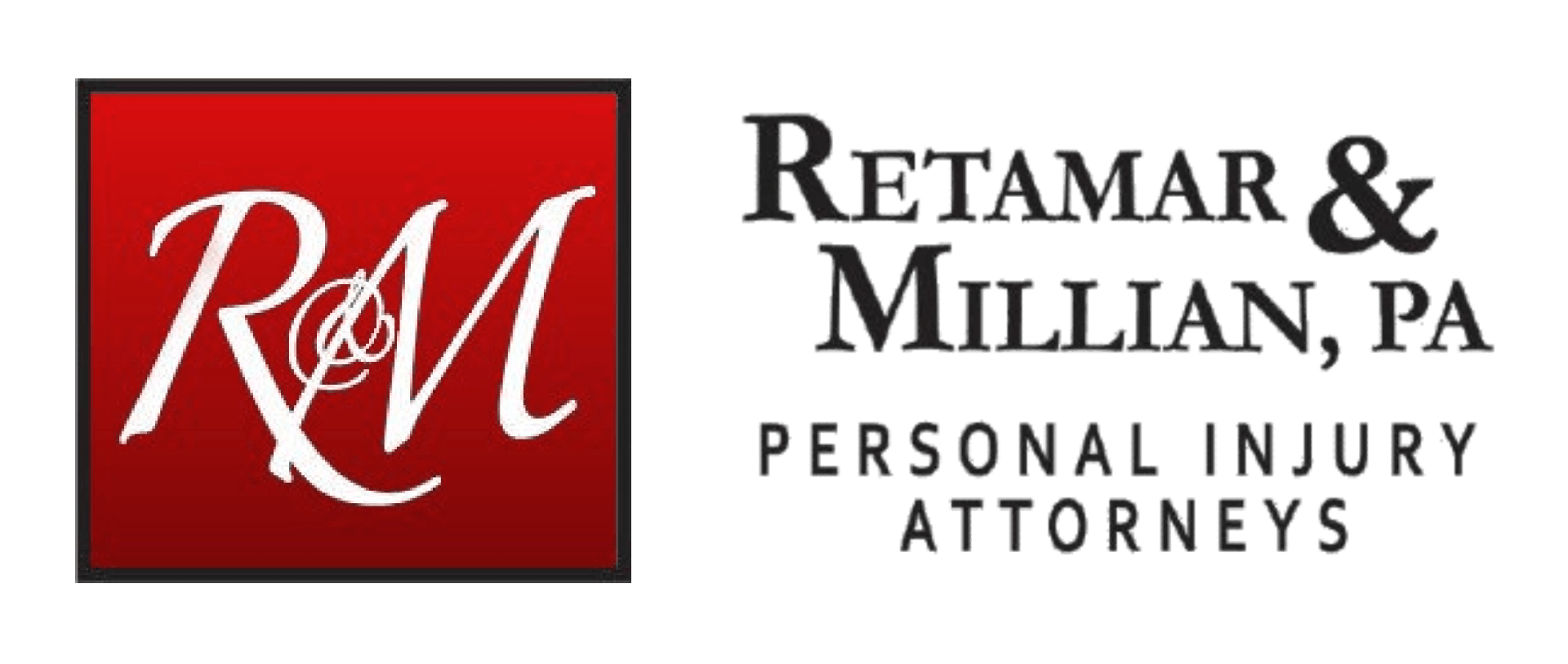Auto Insurance Lawyers
Advising Auto Insurance Victims with Dedication and Compassion
Florida's No Fault Coverage:
West Florida
Call us (813) 200-5894
East Florida
Call us (954) 834-0404
NO RECOVERY, NO FEE GUARANTEE
Schedule a Free Consultation
Auto Insurance Coverage
Other Injury Law Practice Areas
Family Insurance Coverage:
Beyond Requirements:
Additional Coverage:
Bodily Injury Coverage
This coverage is designed to cover a driver’s legal liability for any injury or death caused by themselves or a permitted driver of their vehicle. If you acquire an injury due to a negligent driver we will make a claim under this coverage of the defendant’s insurance. If you are injured in an accident as a passenger, or at the fault of another driver you are able to file a bodily injury claim with their insurance.
Uninsured and Under-insured Motorist Benefits
This is an additional type of voluntary coverage you should consider purchasing. If you are injured in an accident where the negligent driver does not have liability or coverage that is not sufficient to compensate you for your injuries this will protect you. We would make a claim on your behalf under your own coverage. This requires your insurance carrier to pay whatever judgment may be rendered, up to the maximum of amount you purchased.
If the extent of your damages exceeds the limits of the negligent party’s liability coverage then this can also be used to make an additional claim on your own policy. It’s only applicable if their liability insurance maximum is less than the coverage of your own policy. This area of law is complicated and it’s worth investing into an experienced attorney such as Retamar & Millian, P.A. to make sure you get full recovery damages.
Collision Coverage
Another option for voluntary coverage is Collision Coverage. This provides money for the repair or replacement of your vehicle after an accident. This will apply whether you are at fault or not. This differs from property liability coverage we explained above. A non-negligent victim of an accident can present a claim for property damage under their own collision coverage or the liability coverage of the negligent party. Often your own coverage includes a deductible, and property damage liability does not. In the case of an automobile accident once a claim has been paid via collision coverage the insurance carrier who paid out can proceed against the negligent driver’s property damage liability insurance to recover the amount paid. That is referred to as subrogation and does not affect your recovery amount.
